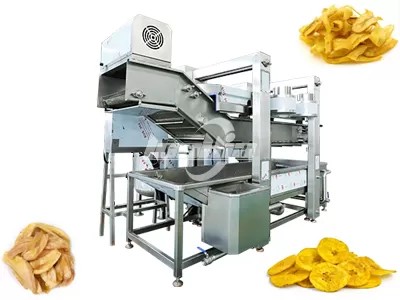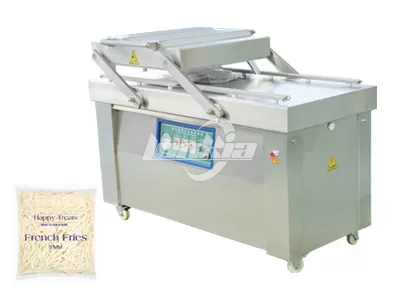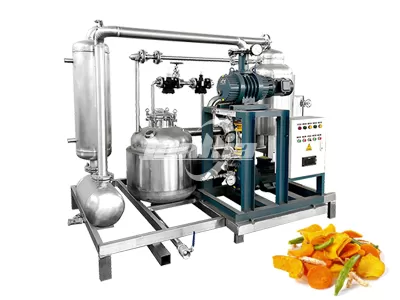In 2025, the global demand for French fries and finger chips continues to grow rapidly, driving more food processors, restaurants, and snack manufacturers to invest in potato finger chips machines. However, before purchasing, it’s essential to understand how much such a machine costs and what factors affect its price.
1. What Is a Potato Finger Chips Machine?
A potato finger chips machine is specialized equipment used to cut, wash, fry, and sometimes season potatoes into uniform finger-shaped fries. Depending on your business scale, these machines can be simple manual cutters or fully automatic production lines that handle peeling, slicing, frying, de-oiling, and packaging in one continuous process.
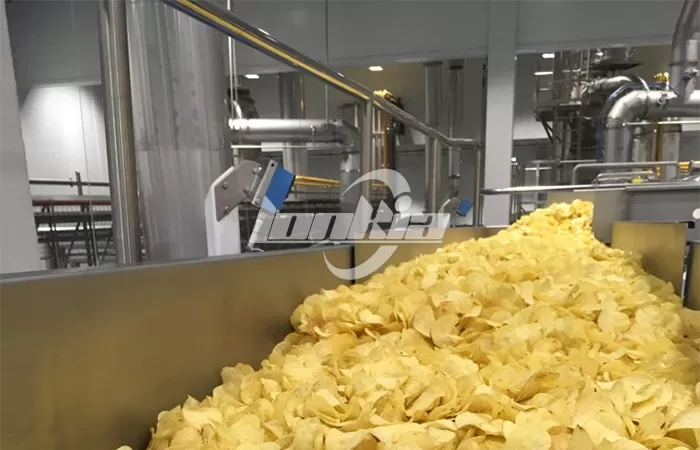
2. Potato Finger Chips Machine Price Range in 2025
The price of a potato finger chips machine varies based on its capacity, automation level, and configuration. Here’s a general overview for 2025:
| Machine Type | Production Capacity | Approx. Price Range (USD) | Typical Users |
|---|---|---|---|
| Manual/Semi-Automatic | 50–200 kg/h | $1,000–$5,000 | Small restaurants, startups |
| Automatic | 300–1000 kg/h | $5,000–$25,000 | Medium-scale food producers |
| Fully Automatic Line | 1000–3000 kg/h+ | $30,000–$80,000+ | Industrial snack factories |
If you are starting a small business, a semi-automatic model might be the best choice to balance cost and efficiency. For established processors, investing in a fully automated line ensures higher productivity and consistent product quality.
3. Factors Affecting Potato Finger Chips Machine Cost
① Production Capacity
The higher the output per hour, the more powerful the motors and components required — naturally increasing the price.
② Automation Level
Automatic systems integrate washing, cutting, frying, and packaging in one line, significantly reducing labor but increasing initial investment.
③ Material & Build Quality
Machines built with 304 or 316 stainless steel and food-grade materials are more expensive but provide better hygiene, durability, and easier cleaning.
④ Included Functions
Some machines only handle slicing, while others include blanching, frying, de-oiling, cooling, and packaging modules. Each additional step adds to the total price.
⑤ Brand & Origin
Equipment manufactured in China or India is usually more cost-effective, while European or American machines often come with higher automation and certification standards, resulting in higher prices.
⑥ Customization
Optional features such as adjustable slice thickness, temperature control, or energy-saving heating systems can raise the cost but improve long-term performance.
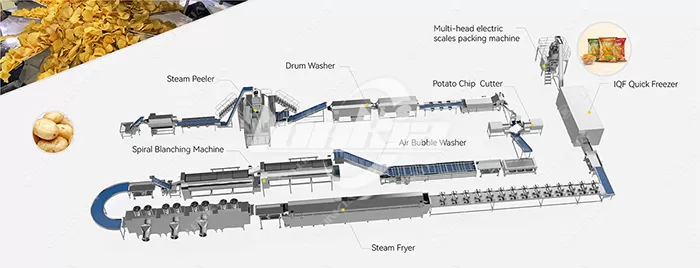
4. Cost Breakdown Example
If you purchase a semi-automatic 300 kg/h potato finger chips machine line, your estimated budget might look like this:
Potato washing and peeling machine: $1,200
Finger chips cutting machine: $800
Blanching and frying units: $3,000
De-oiling and cooling system: $1,500
Packaging unit: $2,000
➡ Total estimated cost: around $8,000–$9,000
5. Tips for Buyers in 2025
Clarify production goals before purchasing — capacity planning avoids future bottlenecks.
Compare suppliers and request full quotations with technical details.
Consider long-term cost, including energy consumption, spare parts, and maintenance.
Check after-sales support, installation, and warranty policies before finalizing the deal.
Plan scalability, choosing modular designs that can expand as your business grows.
6. Is It Worth the Investment?
Yes — a good potato finger chips machine helps you achieve:
Consistent size and texture of chips
Lower labor costs through automation
Reduced oil waste and faster frying times
Improved hygiene and production efficiency
For businesses in the snack, catering, or frozen food industries, investing in a reliable potato finger chips machine in 2025 is both a profitable and long-term move.
Conclusion
In 2025, the potato finger chips machine price ranges from $1,000 to $80,000, depending on your production needs and automation level. Whether you are a small startup or a large industrial manufacturer, choosing the right configuration ensures efficient production, cost savings, and consistent product quality.

